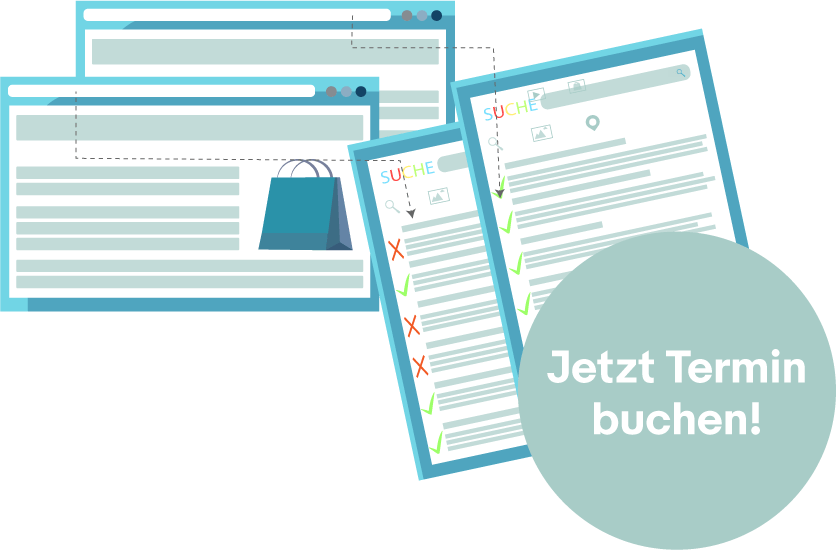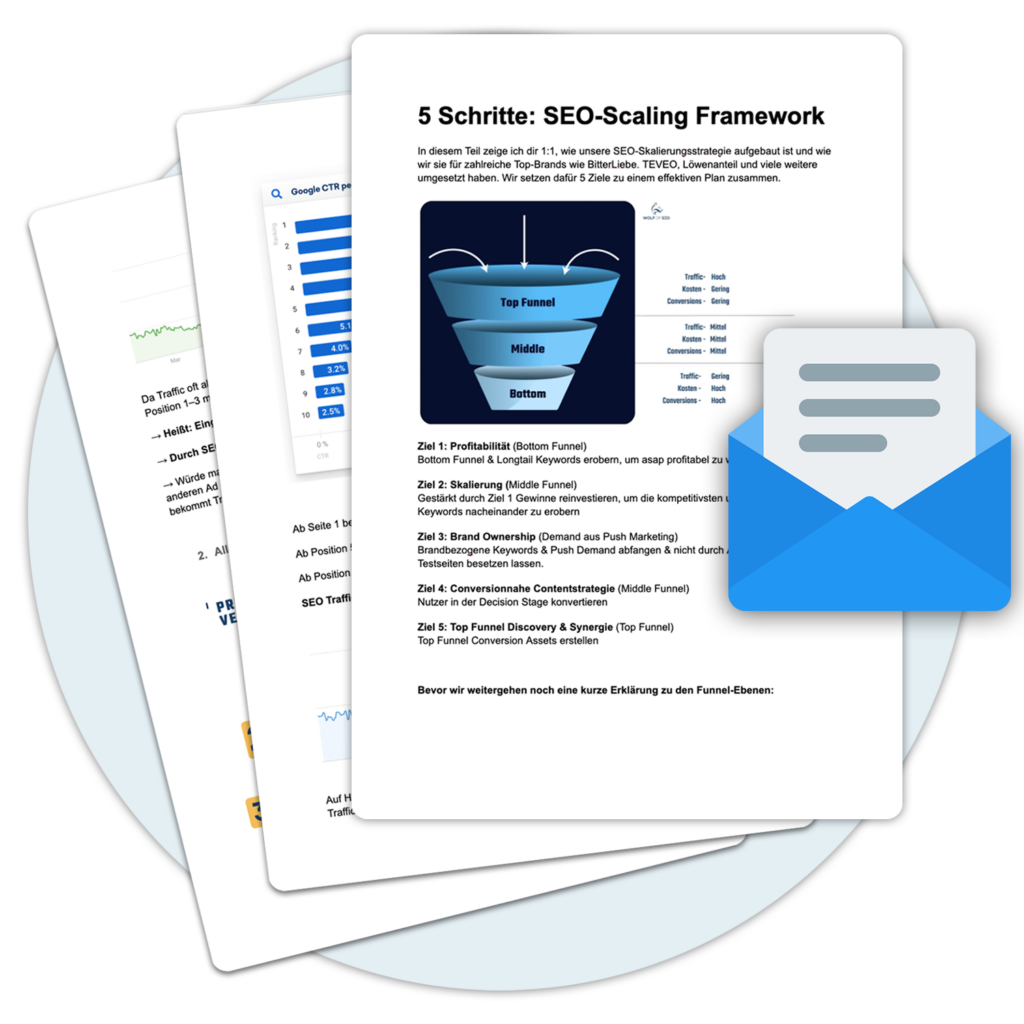A lot can go wrong when installing or upgrading plugins. How can you protect yourself to prevent major damage to your WordPress installation or even a hacker (time thief) sneaking in? To mark the occasion, here are some instructions on how to install a Plugin to install. Fortunately, WordPress gives us a few clues about the reliability of plugins.
Installing & upgrading plugins - Caution criteria checklist: Before
Before installing WordPress plugins, you should check the following to avoid any nasty surprises:
- Backup the blog and database (especially if you are unsure).
- On the WordPressPlugin-Page Plugin search and click on the Plugin Check topicality
- Check compatibility with your own WordPress version
- Check frequency of downloads and compare with alternative plugins
- None Plugin Install under 4 stars
- Check forum posts of the plugin and if necessary look when the last answer came
- Read what others have to say about the Plugin have said
- Additionally in the WordPress forum after the Plugin search and read current articles
- If possible, ask acquaintances (I am happy to help) who do the same thing. Plugin have installed
Install & upgrade plugins - checklist Caution criteria: After
After the installation or upgrade, the almost more important part begins:
- Check the functionality of the website
- Does the display and all other plugins work?
- Does that work Backend or the admin level?
- Make settings on the settings page of the plugin and repeat tests
- Check wp-config.php for changes
- If there are changes in wp-config.php... check all other php files.
- Changes are usually located at the beginning of the file
- Pay attention to changes in the web statistics (in particular blatant slumps)
- After a few days of evaluation on the Plugin-WordPress submit page
Over time, you become a little careless and install the plugins faster and faster. However, I can only strongly recommend going through this checklist with every installation or upgrade.
It seems like a long time, but it costs a lot of time if something happens. In extreme cases, you can even get into trouble with the provider and lawyers if the site is misused by hackers, which is a huge amount Traffic is initiated or the contents or Search results can be changed on Google.
In the end, you will save a lot of time when installing or upgrading plugins if you go through this checklist of caution criteria conscientiously.
How many WordPress plugins are optimal?
This question is important for the loading time or the speed at which WordPress sites or WordPress blogs load. The loading time is in turn important for users and one of the most important points for Google, because Google is constantly looking for my new articles for its Search results together.
WordPress plugins - loading time
The loading time or page structure is determined by various influencing factors. The provider connection, website capacity and database calls. WordPress is structured in such a way that a lot of content only assembles when a page is called up.
So when an article from my website is found on Google, the click does not call up a static page, but a dynamic page, i.e. a page that has never been displayed before in the way it is then displayed. That's the theory. In practice, the website almost always looks the same, except for small differences, depending on what really dynamic content, i.e. content that really changes every time, you have on the page.
Plugins, such as surveys in the sidebar, are dynamic content that changes every time the page is accessed. If the user clicks on the Browser so on the refresh button, there is a new poll in the sidebar.
In addition to the many other dynamic parts of the website, this leads to a database call to my provider every time. Every single element of my website causes such a database call.
So if I want to optimize my loading time, I have to optimize these database calls. I.e. not minimize them, but bring them to a healthy level that is bearable for the normal user. This can be done by reducing the number of plugins. Loading time test...
Number of plugins
It is not possible to say in general terms how many plugins are optimal, as it depends both on the website's target group and their internet bandwidth when accessing it. However, you can find out by changing the number of plugins. So what happens to my Trafficif I have 5 plugins more or less. In such a test, all other framework conditions should of course remain the same so that the test can be meaningful.






